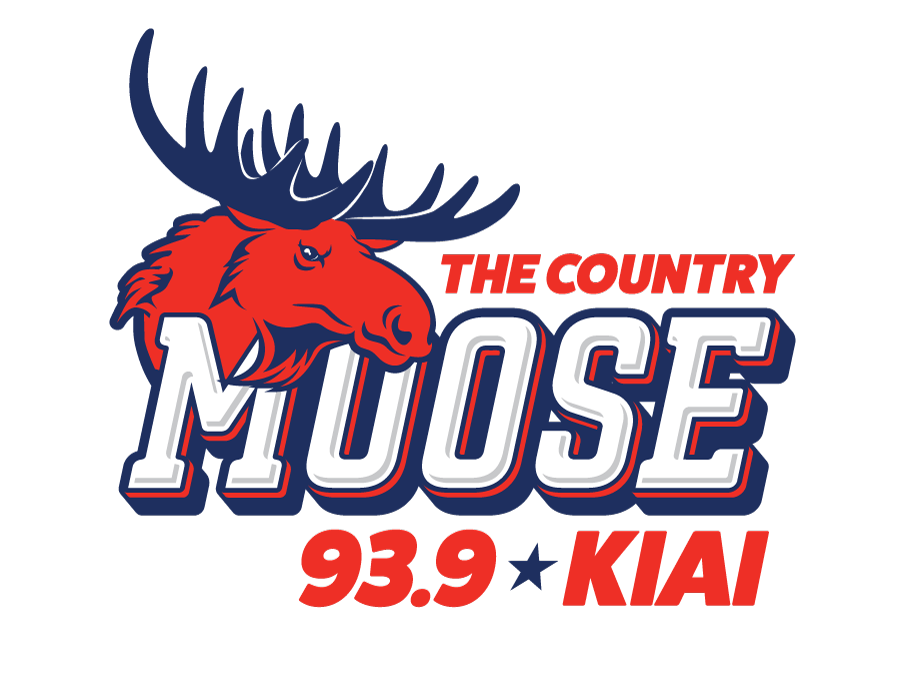ISU professor studies ‘wild west of medicine’

AMES — An Iowa State University professor who’s developing a new class for pre-med students has studied the company behind the traveling “Medicine Shows” of the late 1800s. Sarah Dees, a professor of American religions at ISU, says the Kickapoo Medicine Company sold a variety of concoctions.
“The Kickapoo people exist. It’s a (Native American) nation that continues to exist,” Dees says. “The company leaders, though, just took that name, kind of appropriated it and then started selling medicines that they claimed were authentic, but actually they really weren’t — so their advertisements were fairly misleading.”
It’s where the term “snake oil” originated.
“It was the wild west of medicine,” Dees says. “People were just putting stuff in bottles and claiming that it had these miraculous cures. They were traveling from town to town, trying to sell these ‘remedies’ and consumers really didn’t have great information.”
The Pure Food and Drug Act of 1906 marked the end of these kind of traveling medicine shows by prohibiting the sale of misbranded food and drugs.
Dees says there are many modern, “New Age movement” examples of companies that turn a profit by misrepresenting products or services as being connected to indigenous cultures. Her fall semester class at ISU will focus on the religious and cultural backgrounds behind various healing practices. Dees is writing a book about Indigenous traditions in the late 19th and early 20th centuries.



